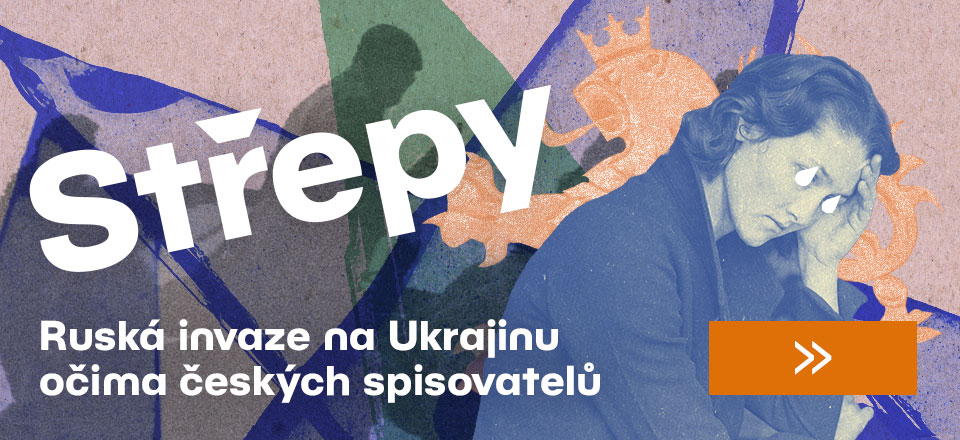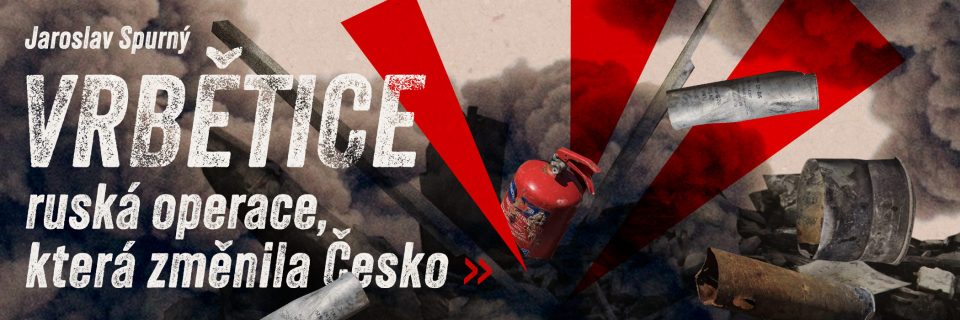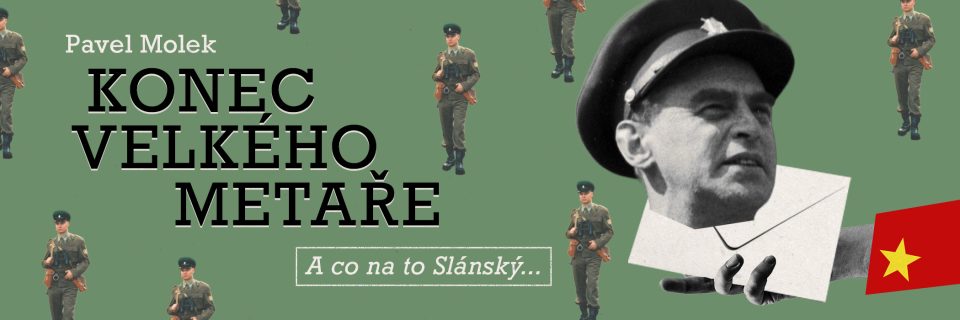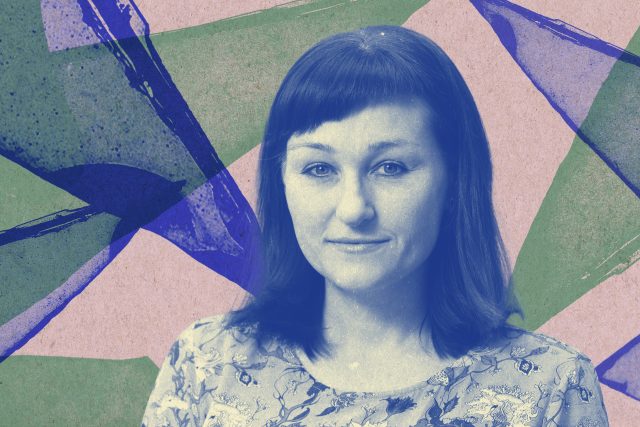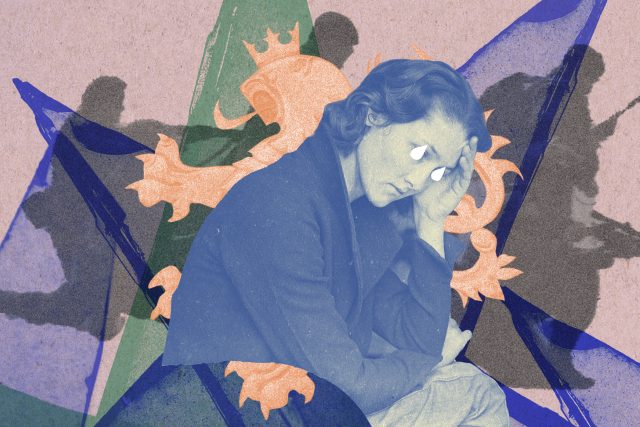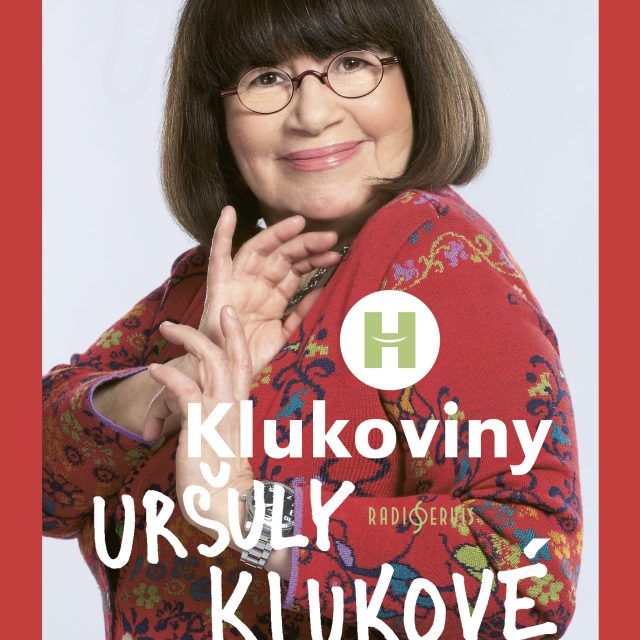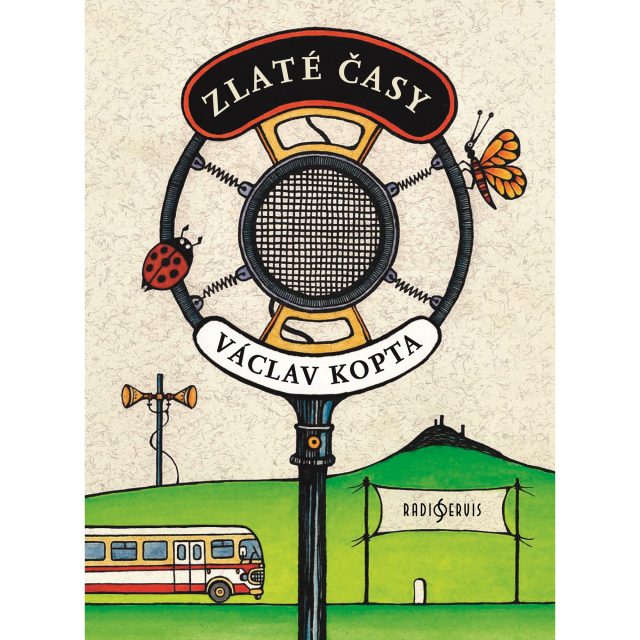Epitaph: a short story by Kateřina Tučková. Připomeňte si povídku ze série Střepy, tentokrát v angličtině
Český rozhlas Plus oslovil deset spisovatelů, kteří napsali první texty o válce na Ukrajině, a vznikl tak úspěšný pořad Střepy. Jednou z autorek je i Kateřina Tučková, která letos získala Státní cenu za literaturu. Její povídka s názvem Epitaf byla pro Radio Prague International přeložena do angličtiny.
A picture can paint a thousand words. This is certainly the case with the photograph of a pregnant woman being carried out on a stretcher by five paramedics from a Mariupol hospital, where a Russian bomb had just landed on March 9th 2022.
Čtěte také
This picture by Ukrainian photojournalist Evgeniy Maloletka has become a symbol of the Russian war in Ukraine. It made such an impact on Czech writer Kateřina Tučková that, when a few days after the bombing, Czech Radio asked her for a short story about the war, she was in no doubt as to what the topic would be.
She filled in with words the gaps left by the photo and thus tried to save the nameless war victims from disappearing into the annals of history. You can hear her short story Epitaph read by Czech actress Petra Bučková.
Acclaimed by readers and literary critics alike Kateřina Tučková is renowned for her books Gerta and The Last Goddess. These best-sellers have been translated into many languages including some less-common ones and both have been dramatized and won numerous awards. Tučková has also written a book on prominent Czech women for teenage readers and various other popular and scholarly publications. She holds a PhD in art history with a focus on Czech culture after 1945. Her latest novel Bílá Voda (White Water) set in a convent on the Czech-Polish border in the 1950s was published in April of this year.
Mohlo by vás zajímat
Nejposlouchanější
Více z pořadu
E-shop Českého rozhlasu
Kdo jste vy? Klára, nebo učitel?
Tereza Kostková, moderátorka ČRo Dvojka
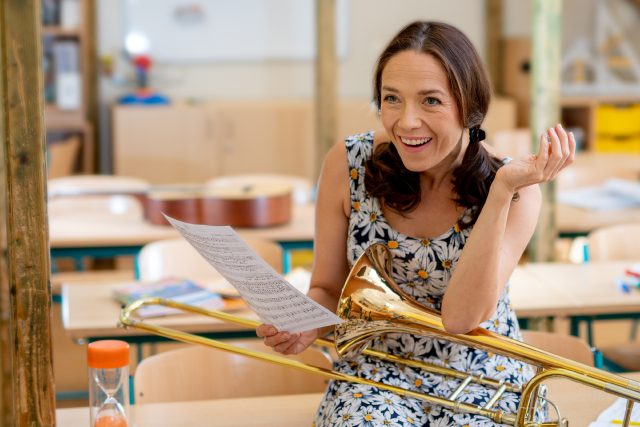
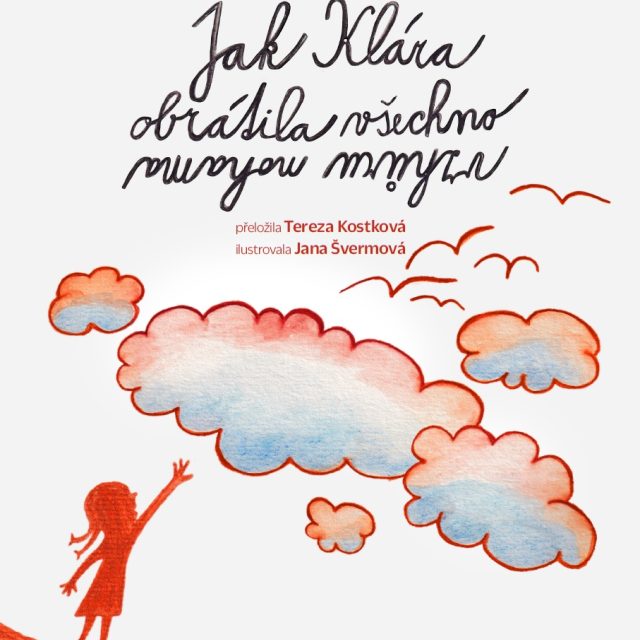
Jak Klára obrátila všechno vzhůru nohama
Knížka režiséra a herce Jakuba Nvoty v překladu Terezy Kostkové předkládá malým i velkým čtenářům dialogy malé Kláry a učitele o světě, který se dá vnímat docela jinak, než jak se píše v učebnicích.

